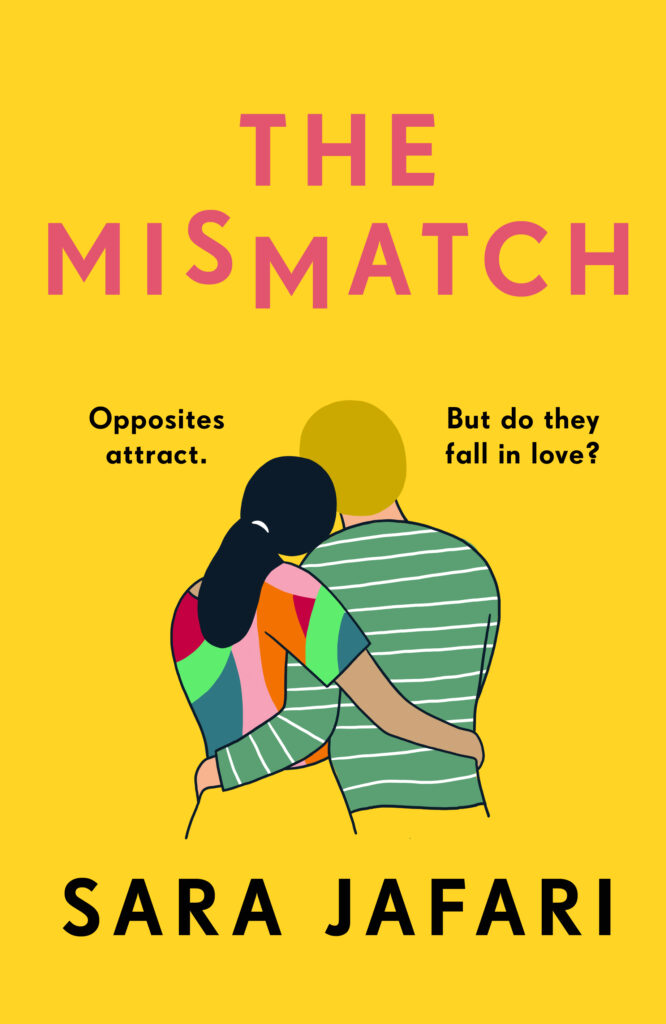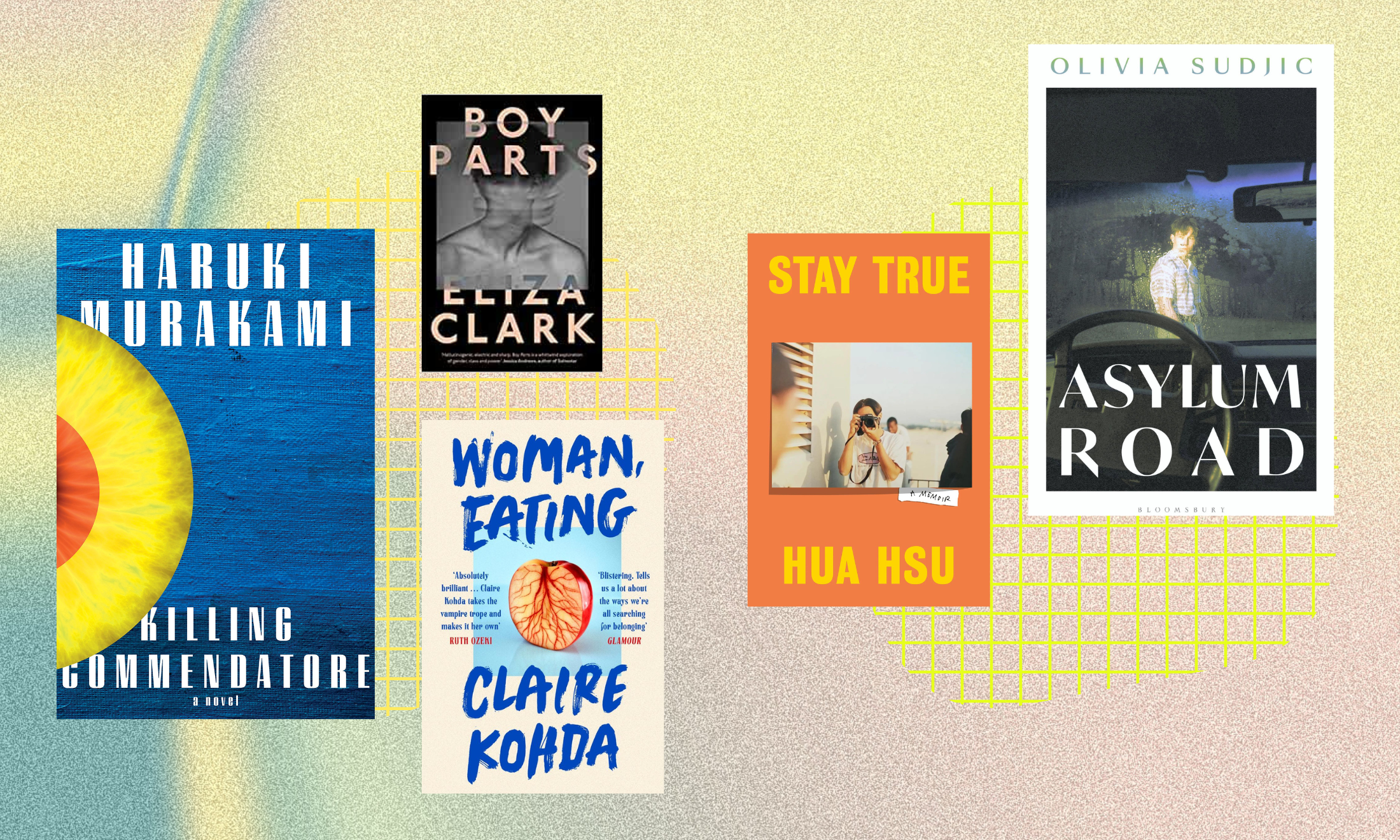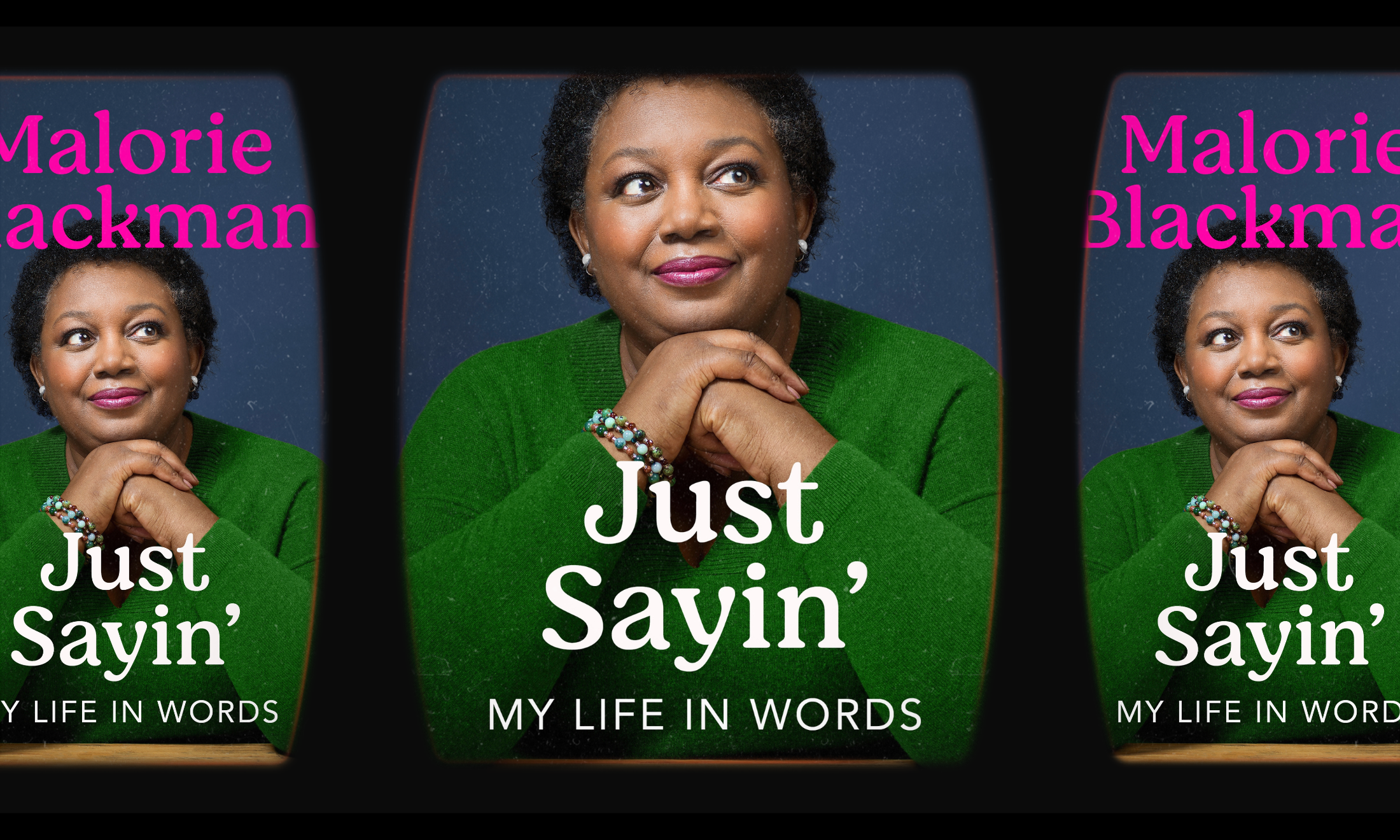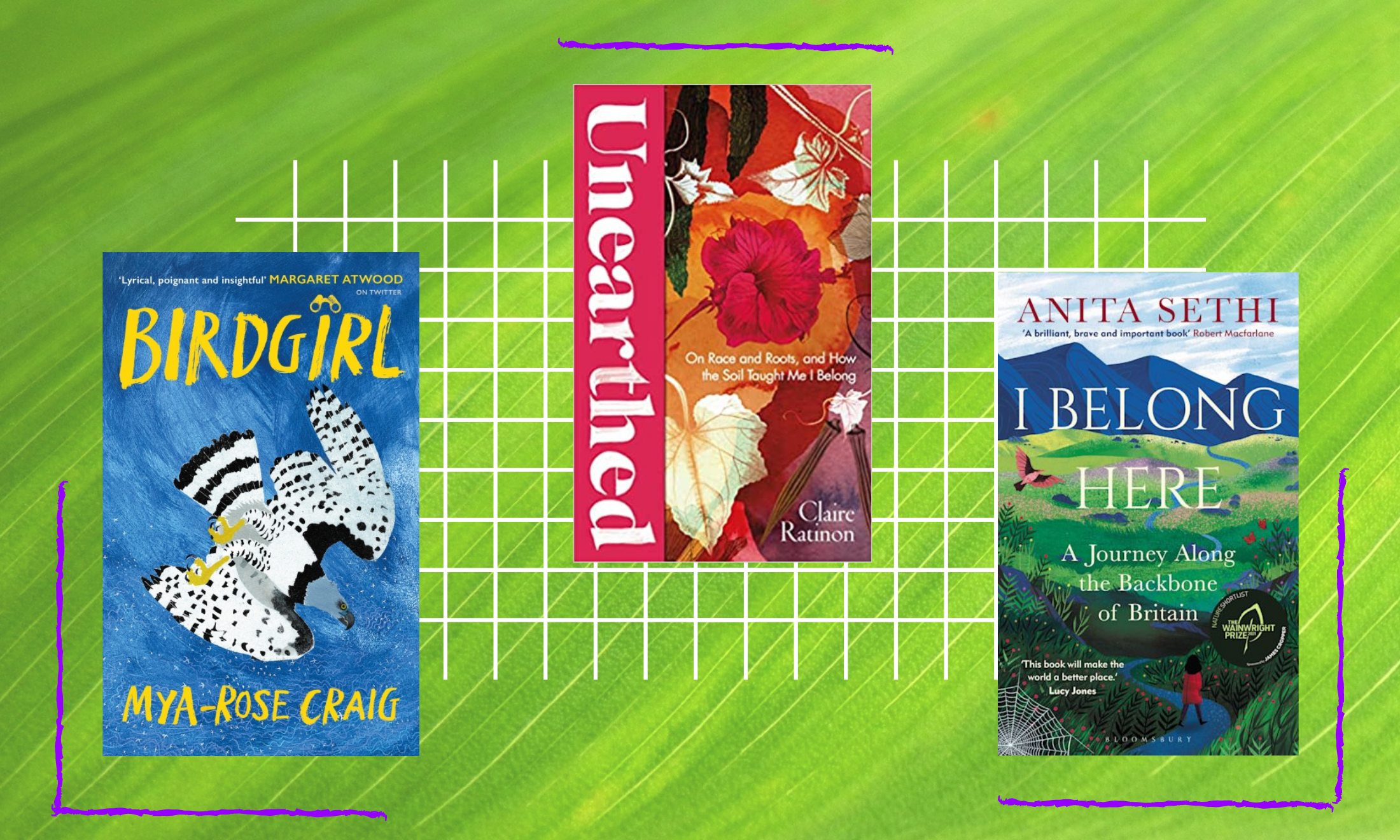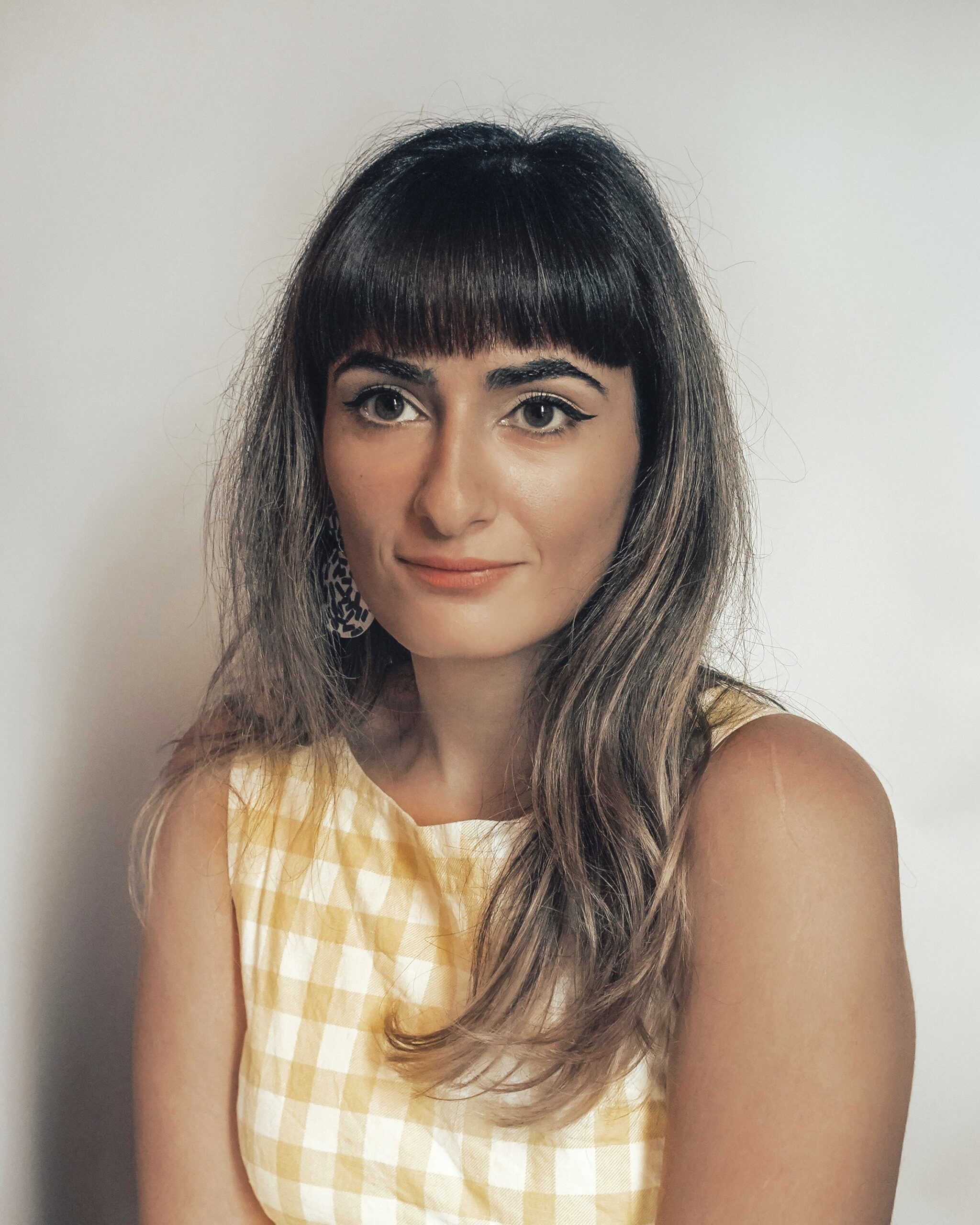
Sara Jafari’s The Mismatch examines Muslim guilt around sexual desire
From experimenting with a Twilight-inspired story featuring an ‘Iranian Bella’ in her teens to becoming a published author today, Sara is a voice for an overlooked diaspora.
Sahar Esfandiari
05 Jul 2021
The first time I read anything by a British-Iranian writer was when I first came across Sara Jafari. In I Will Not Be Erased, an anthology of writing by people of colour, published by gal-dem, she boldly writes about issues related to virginity and “Muslim guilt” around sex and relationships. I felt seen.
Now, a couple of years on, I talk to Sara via Zoom as she sits in her sun-soaked flat, relaxed and chatty, framed, colourful, graphic artwork hung up on the wall behind her and potted plants positioned around the room. She’s gearing up for the release of her debut novel The Mismatch in just a few weeks. Her new book is a coming of age story about Soraya, a young British-Iranian woman graduating from university and embarking on her journey into adult life.
The Mismatch explores the complexity of navigating relationships and sex through the perspective of a Muslim woman, not just in terms of managing other people’s expectations but also in deciphering and enforcing your own boundaries and needs. As her story develops, we learn about Soraya’s difficult family life, her father’s addiction issues and her experience as a victim of abuse. Despite these emotional themes, the tone of voice remains lighthearted throughout the novel and Soraya simultaneously makes happy memories with her friends and love interest Magnus in their new postgrad life, sharing trials and tribulations with one another as they go. Through the authenticity of the characters, the novel successfully and accurately captures the awkwardness and anxiety of transitioning from student to ‘adult’ life in London, and as a reader we witness a growth in Soraya’s confidence and the increasing boldness in her decision making.
But why did Sara choose to tackle such difficult and dark themes in the novel? The decision, she says, is rooted in her reality. “I had the experience of dealing with a family member who has suffered with addiction issues,” she explains. “I really wanted to show the effect it has on other people in the family, how it can lead to anxiety and other mental health issues.”
Born in the northern port town of Hull, Sara lived there until she was 16. She recalls her family being one of the very few ethnic minorities in the community; an experience that shaped her. “They moved to Brighton for a better quality of life as we experienced quite a lot of racism in Hull.”
It wasn’t until she moved to London to pursue a degree in English and Comparative Literature at Goldsmiths University that Sara felt she was able to interact with people who shared experiences with her and feel comfortable in her own skin. However, it was the years of feeling like an outsider that would shape her writing. “The inspiration for The Mismatch was a desire to write a story about someone I feel I could identify with because I never got to read these stories growing up,” she says. She tells me how, at just 15, she wrote her first book – a Twilight-inspired story “with an Iranian Bella,” she says laughing.
After leaving university, Sara went on to work in publishing at Mills and Boon (Harper Collins) as an Editorial Assistant and is now at Penguin Random House Children’s as Assistant Editor.
I can identify strongly with Sara’s experience of not feeling represented in books. Growing up I was an avid reader, but not once did I read a book where I identified with the characters as strongly as I did while reading The Mismatch. In Sara’s book, the protagonist’s story runs alongside that of her parents, who immigrated to the UK to study and ended up staying to work and settle. This experience is typical of many Iranians in the UK and mirrors my own family’s history of leaving Iran.
“I really want people to understand the complexity and the nuances of what it means to be Iranian and British”
Sara Jafari
“It’s not always about fleeing persecution,” says Sara. “My mum was granted a place at Newcastle University to do her masters, and my dad joined her. They liked it here and decided to stay, but I don’t think their initial plan was to stay long-term.”
Over the last year, Sara and I have exchanged messages online, and bonded over discussions about the British-Iranian community and the lack of representation online. Over Zoom, we discuss why so few Iranian voices and perspectives are present in British literature and film today, despite the sizable Iranian population in the UK. It’s a complex issue that we put down to a combination of a lack of diversity in publishing and the “doctor, lawyer, engineer or failure” pressure Iranian parents often put on their children.
“I really want people to understand the complexity and the nuances of what it means to be Iranian and British,” she says.
In light of there being so few depictions of Iranians living in the UK, I ask Sara whether she’s worried that some people may take Soraya and her family’s stories as representative of the whole community. “A white writer tackling issues such as abuse and addiction would never have to worry about reflecting others in a bad light in the same way,” she says, eschewing notions that writers of colour should be burdened with being representative of their whole race due to literary scarcity.
It’s safe to say that Sara’s writing is really paving the way for so many more stories to come through about our community. Taking up space in publishing as a woman of colour from a minority group with little to no presence or leverage in the industry is both brave and inspiring. She is currently taking a six-month sabbatical to work on her second book, about a woman named Shirin in her mid to late twenties and it examines how workplace microaggressions can trigger childhood traumas.
“I’m finding writing my second book much harder than writing the first one. I felt The Mismatch really pour out of me and I wrote the first draft in six months – though spent years editing it. It came really naturally. I think with the first book, there’s a lot of prior thinking going on, whereas for my second one I’m having to think of new ideas when it feels like I put everything into my first book!”
“I’m excited to write other stories about Iranian characters, and really portray different experiences and characters,” she says looking to the future.

